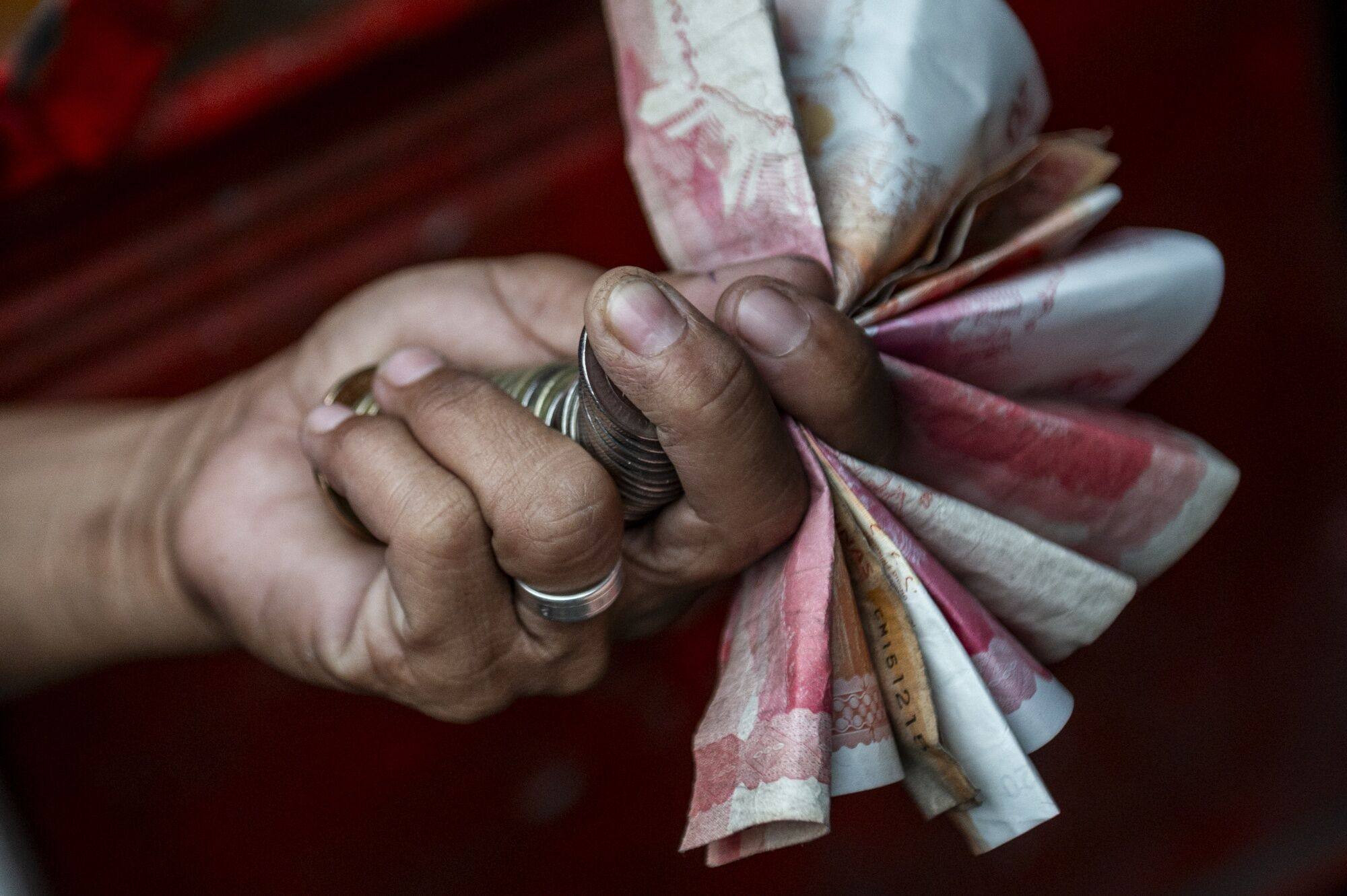Philippines overtakes Malaysia, Vietnam to become fastest growing economy in Southeast Asia
Gross domestic product expanded 5.6 per cent, surpassing the median 5.5 per cent growth seen in a survey of economists. The economy grew at a similar pace from a year ago in the final quarter of the year, while on a quarter-on-quarter basis, it clocked 2.1 per cent.
Stocks extended their gains to more than 1 per cent after the data. The peso held its loss, with the currency slipping 0.1 per cent against the US dollar.

National Economic and Development Authority Secretary Arsenio Balisacan told reporters on Wednesday that the government is confident that the economy will expand at a pace of 6.5 to 7.5 per cent in 2024 – which will help the Philippines retain the region’s top growth tag.
Vietnam’s youth opt for ‘lying flat’ amid crushing stress of economic boom
Vietnam’s youth opt for ‘lying flat’ amid crushing stress of economic boom
Still, sustaining the stellar performance requires heavy lifting by the government, given monetary policymakers are unlikely to pivot to easing any time soon amid lingering price risks.
“Any country that has political instability will hurt the economy,” Balisacan said when asked to comment about the widening rift between Marcos and Duterte.
While government spending declined 1.8 per cent in line with fiscal consolidation efforts, Balisacan said he expected services expansion to continue pacing the economy’s growth trajectory.
Philippines’ ‘warning sign’ as political insults may lead to ‘civil war’
Philippines’ ‘warning sign’ as political insults may lead to ‘civil war’
Even as consumption has remained resilient, a sluggish global economy, elevated inflation and interest rates stand in the way of a significant improvement in growth prospects this year, said Robert Dan Roces, chief economist at Security Bank Corp. in Manila. “The growth momentum now falls on government spending,” he said.
Even as inflation in December slowed to within the central bank’s 2 to 4 per cent target band after 21 months, rate hikes aren’t fully off the table amid rising food prices. Any further tightening by the central bank could upend the consumption-led recovery in the economy.
Governor Eli Remolona earlier this month said that strong economic growth gives policymakers “a bit more room to hike.”

